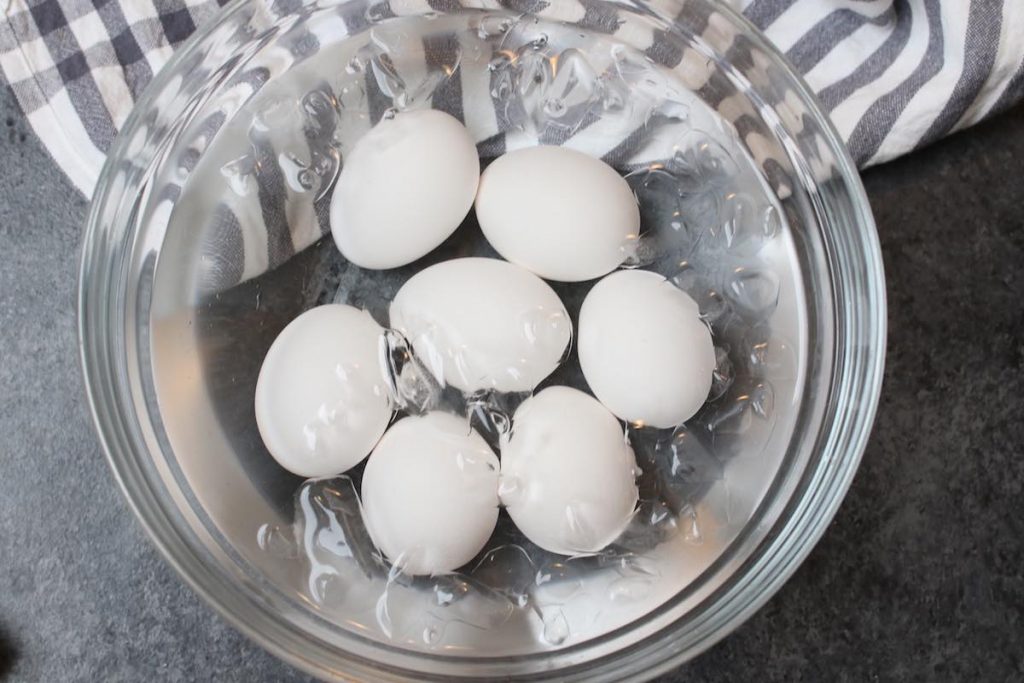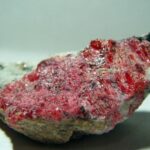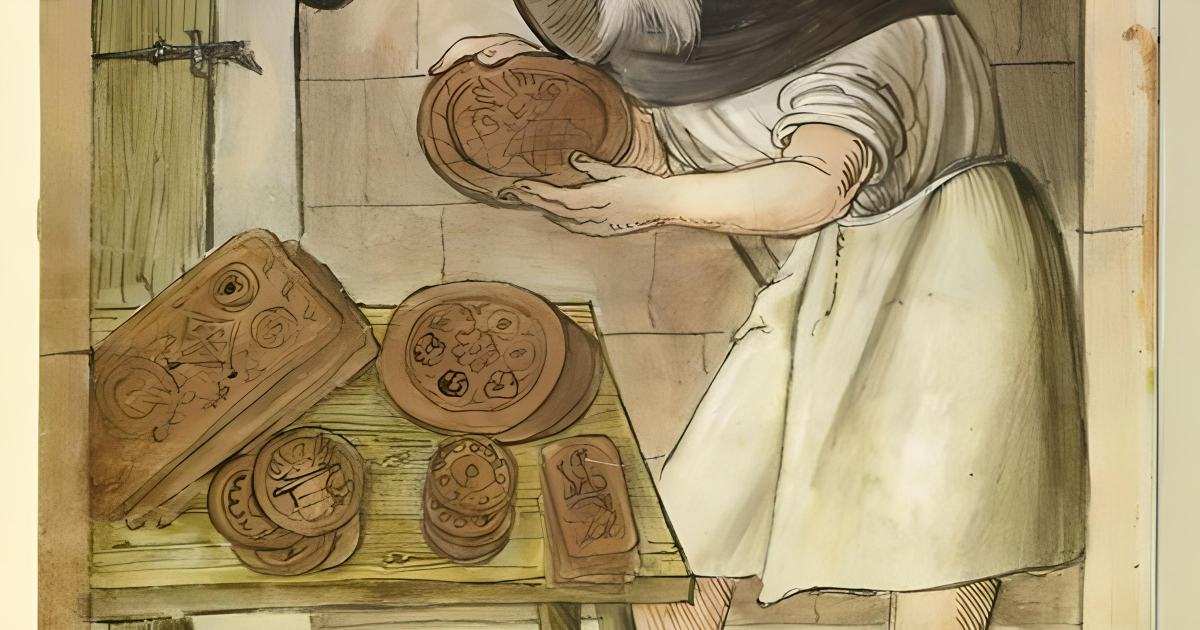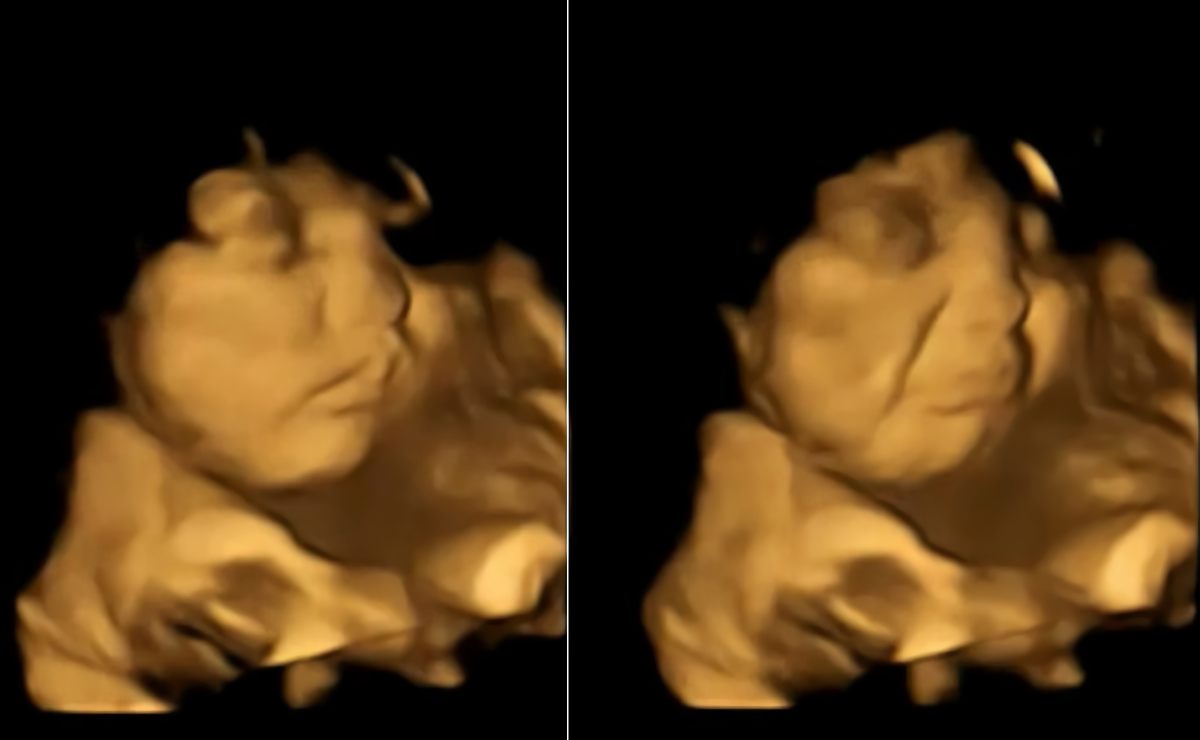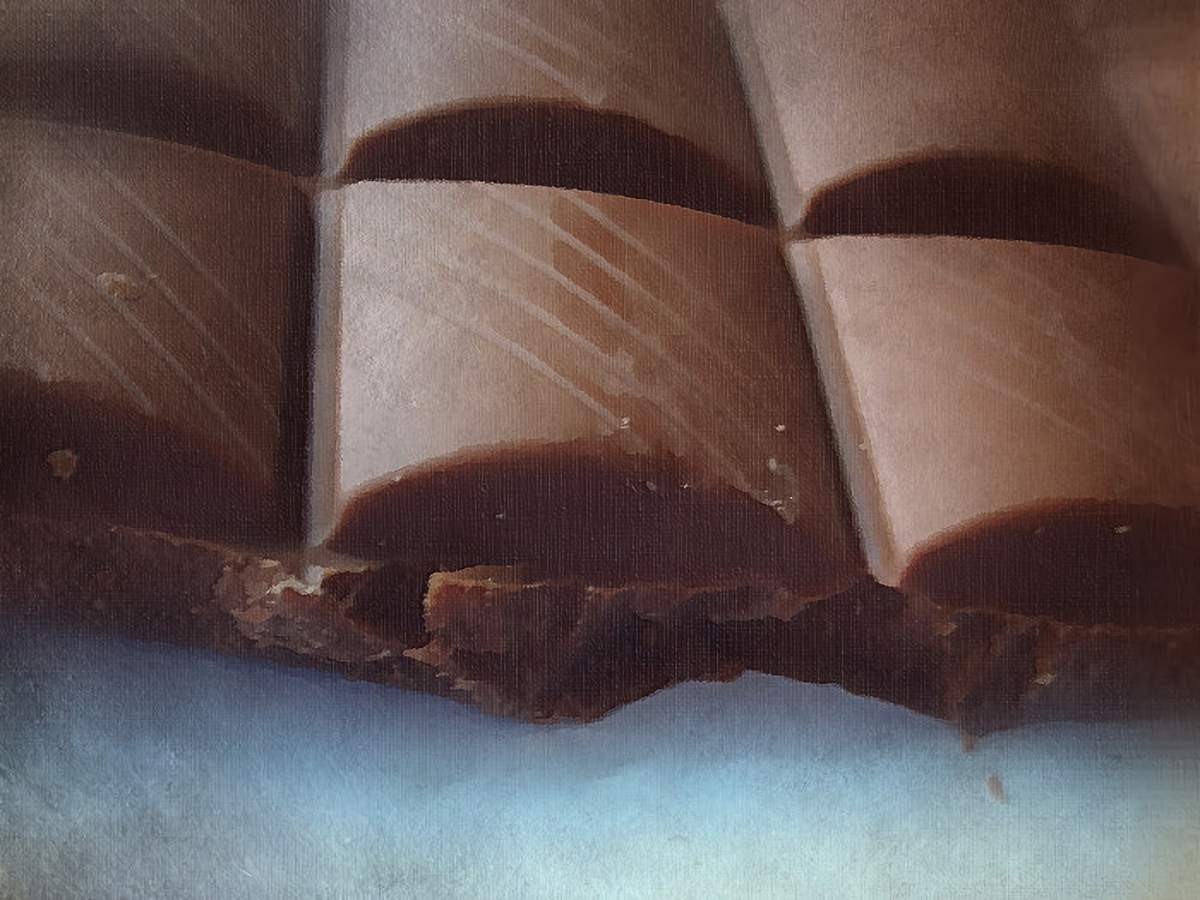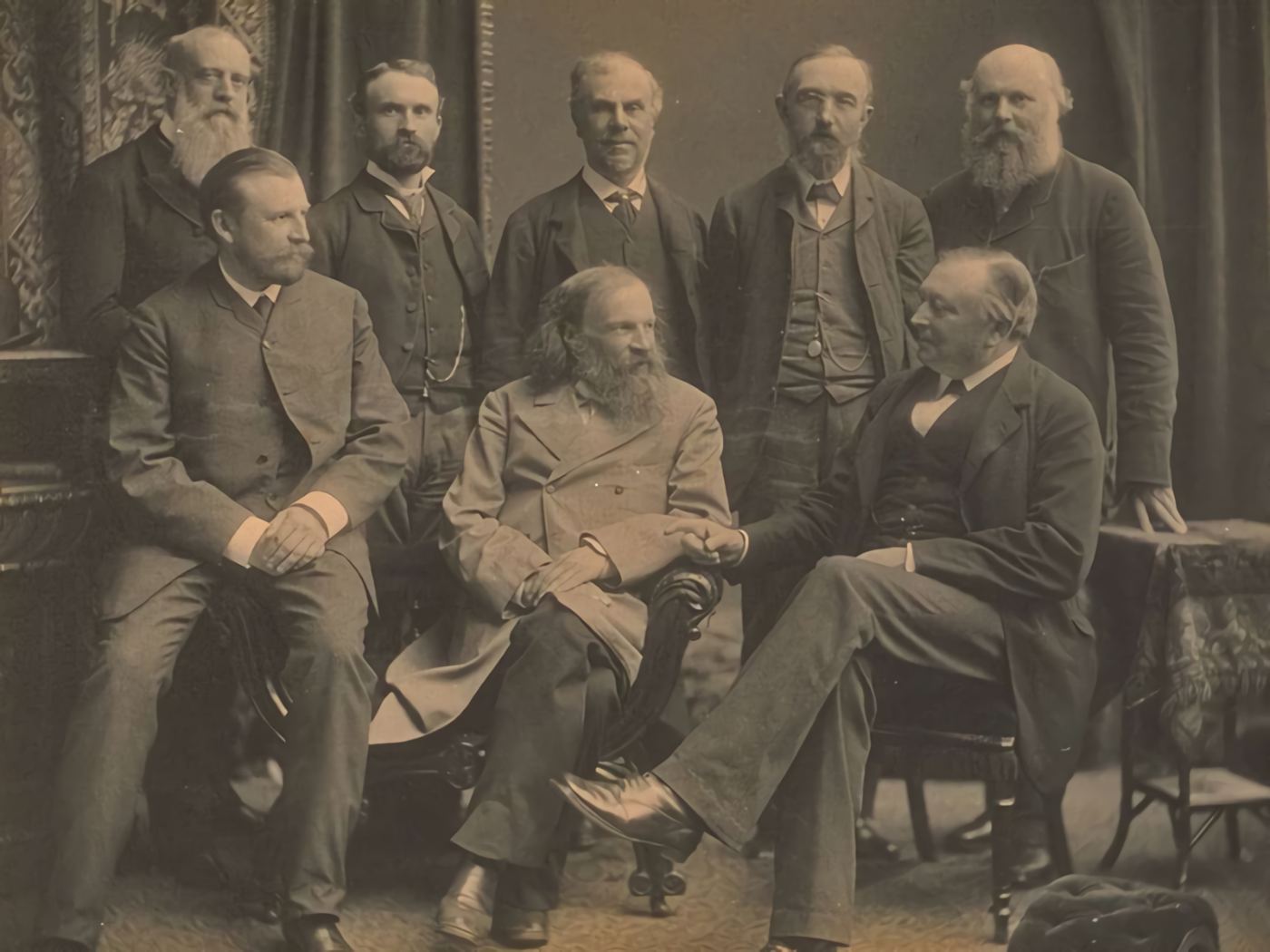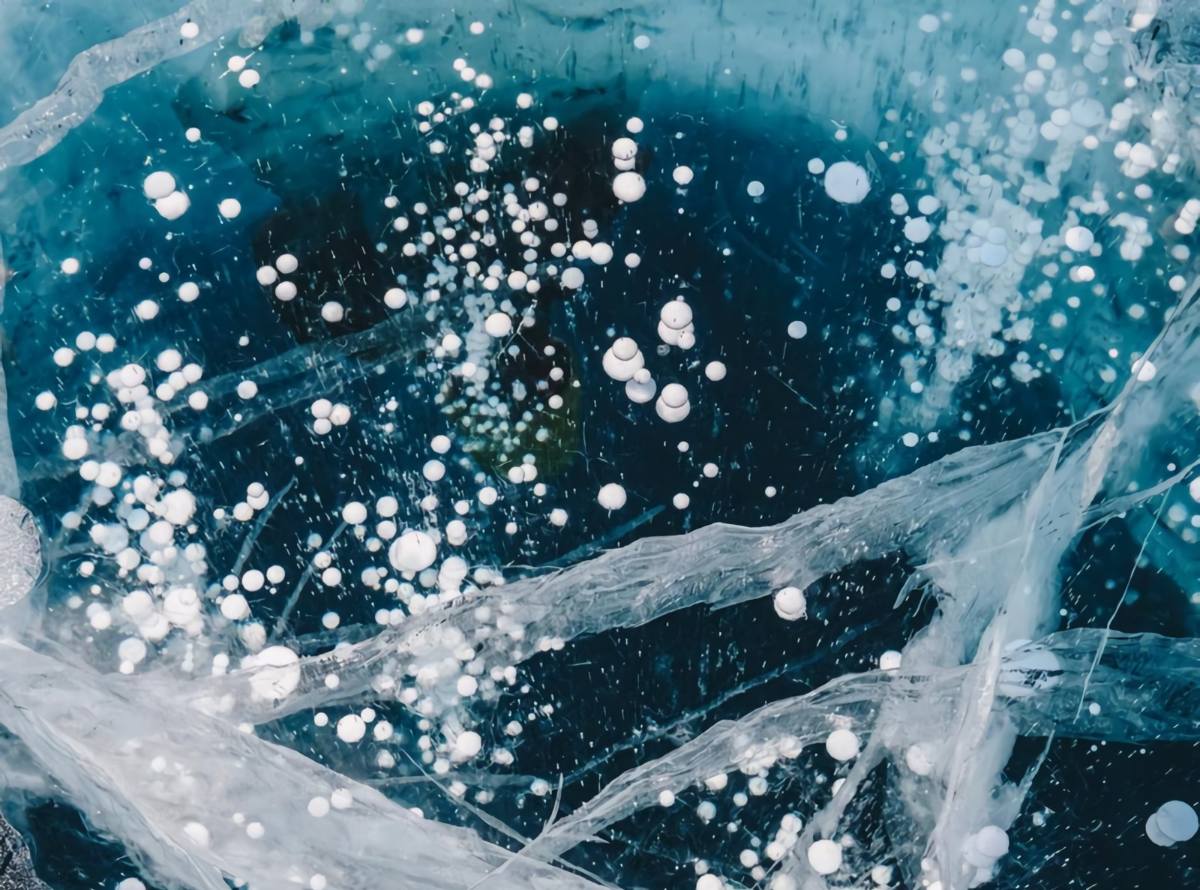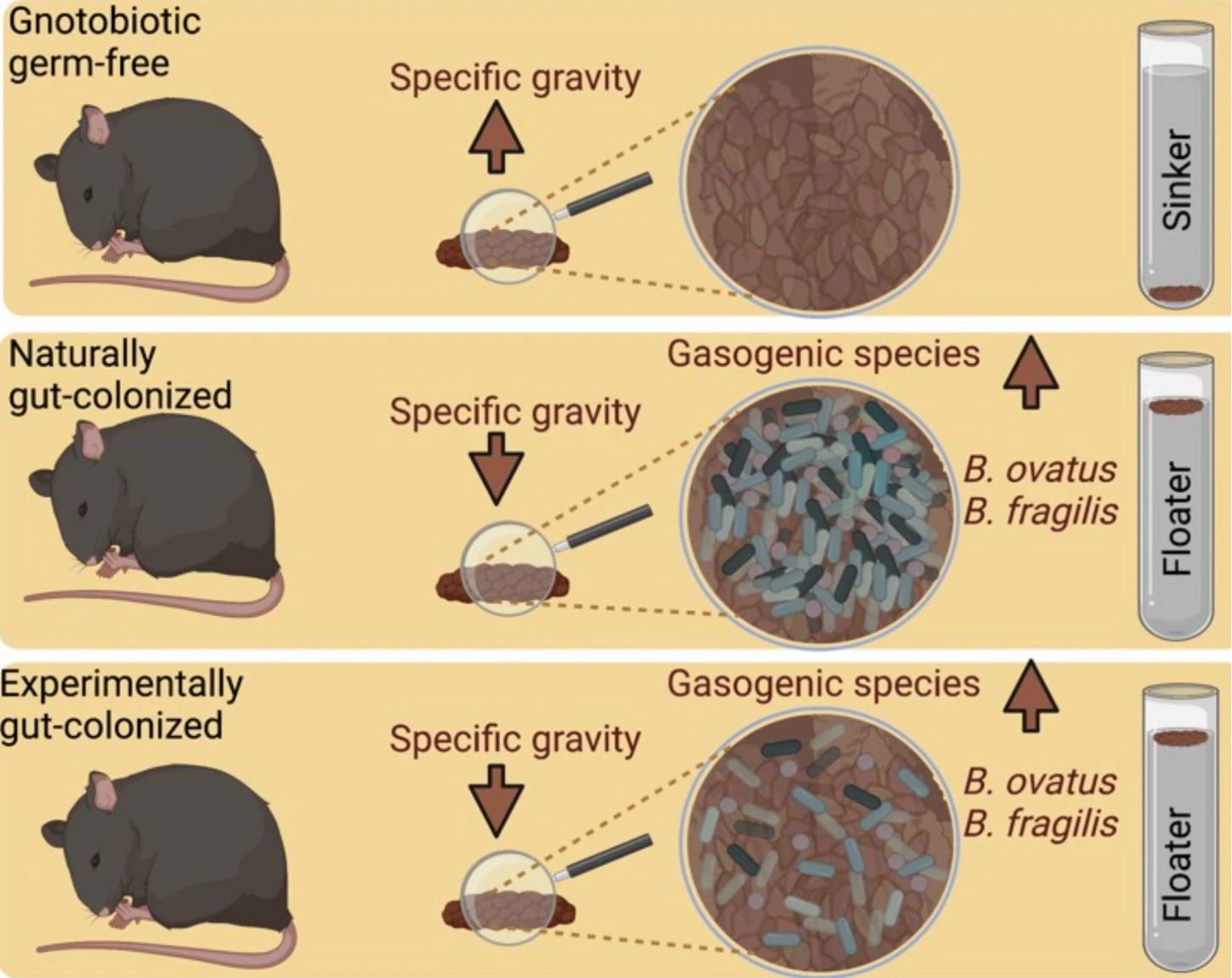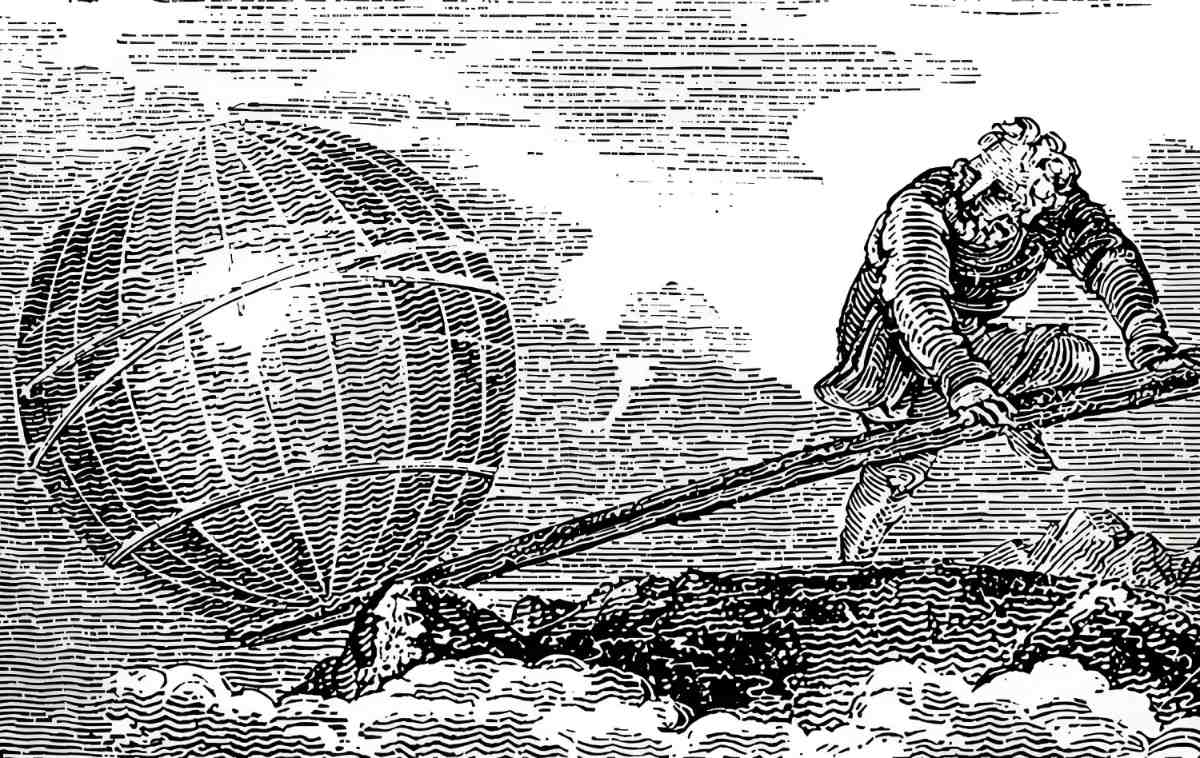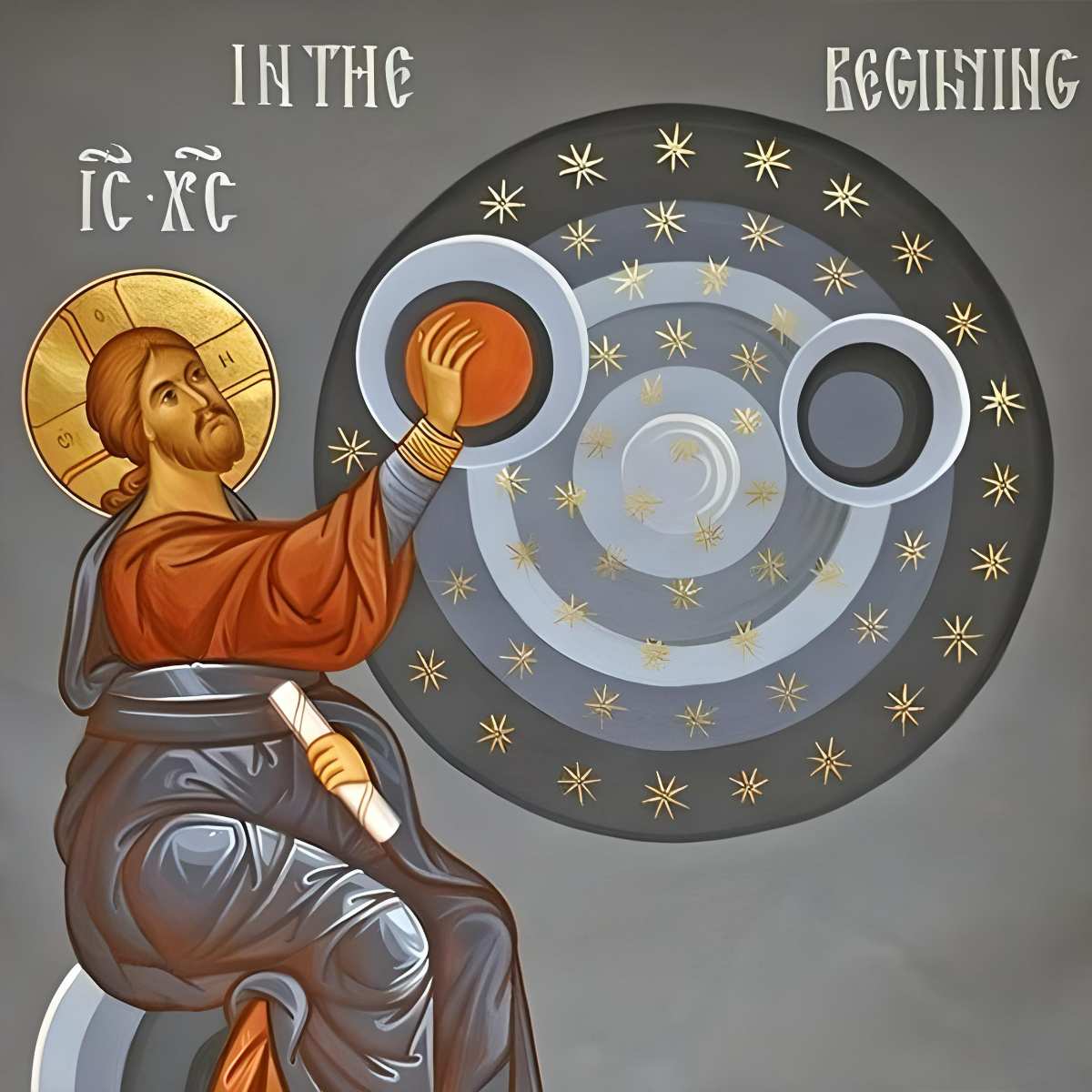When colorful, hard-boiled Easter eggs are everywhere it’s that time of year again: But if you want to get at their insides, you first have to peel them – and that’s where the problem begins. Because all too often, large parts of the “egg white” or albumen stick to the shell. As a result, your egg looks more like a ruin than a smooth, appetizing Easter snack. But why do some eggs peel so badly? Did they lack the cold shower after boiling? Or is this perhaps just a myth after all?
It is indeed a myth that cold water alone affects the peeling of an egg. Freshly laid eggs, if they are only a few hours or at most two days old, do not peel any better after cold watering than before.
Older is better for eggs – at least when it comes to peeling
The decisive factor for the peelability of eggs is not the cold water, but the age of the egg. That’s because it’s associated with important chemical changes inside the shell. The egg is made up of many proteins, and the shell skin is also bound to the shell, and the albumen, with these molecules.
In freshly laid eggs this bond is still very strong. When you peel them, you, therefore, tear off pieces of the albumen along with the shell and shell membrane.
How does it work?
As the egg gets older, it loses carbon dioxide. This slowly escapes through the fine pores in the eggshell. This changes the acidity level inside the egg – similar to sparkling water, from which the carbon dioxide escapes. The pH rises from near-neutral levels to 8 to 9, and the egg becomes more basic. A pH of 7 is considered neutral – neither acidic nor basic.
Binding of the shell skin to the protein weakens
When the pH in the egg changes, this in turn affects how the proteins interact with each other. The proteins change their binding properties; in the more basic range, their binding power is no longer as strong. As a result, the shell skin is also no longer as strongly bound to the protein. If you try to peel such an older egg, the shell skin easily separates together with the shell from the solid albumen – the egg remains intact and smooth.
And with an already older egg, even cold water can then help. If you then throw the egg into cold water, the shell contracts while the boiled egg white is still hot. This creates tension, which can help loosen the shell skin from the egg white. But that’s not the primary effect then. More important is the aging of the egg.
Cold water makes eggs spoil faster
In fact, the cold water can even do harm. The cold shower causes the egg white to cool abruptly and contract. This creates a vacuum under the shell of the egg which is sucking of air, water, and also bacteria through the porous lime shell into the interior.
As a result, cold water makes eggs spoil faster. This reduces the shelf life to just a few days. Normally, on the other hand, a hard-boiled egg can be kept for up to a month, and in the refrigerator for as long as six weeks.



